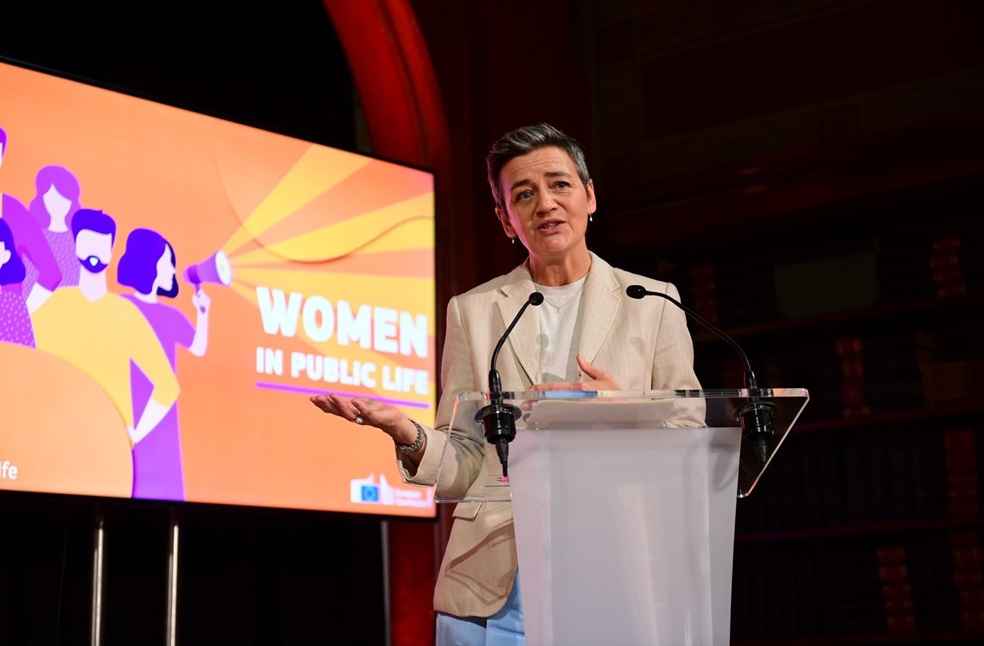Brussels: The European Commission has initiated an inquiry into social media giant Meta for spreading false information. The EU charged the US-based organisation, which operates Facebook and Instagram, with disregarding online content regulations in the bloc. In light of the upcoming EU elections in June, Brussels is strengthening its measures to combat the spread of misinformation.
The commission stated that Meta’s moderation exertions are not enough in addressing deceptive advertising and disinformation. The Digital Services Act (DSA) that reached impact last year requires that ‘Big Tech’ take further movement in countering destructive and illegal content present on social media platforms.

EU digital chief Margrethe Vestager remarked in a statement that, “We suspect that Meta’s moderation is insufficient, that it lacks transparency of advertisements and content moderation procedures. So today, we have opened proceedings against Meta to assess their compliance with the Digital Services Act.”
The regulatory measures arrive as concerns about Russia, China and Iran as conceivable origins of disinformation increased in the run-up to the EU election. Last month, an alleged Russian-sponsored network striving to influence the June 6-9 vote was discovered. Politicians from across the bloc were reportedly paid to parrot Moscow’s records, particularly regarding its aggression on Ukraine.

There are concerns that anti-establishment forces are circulating disinformation as they try to expand their existence in the forthcoming five-year EU parliament. The EU expressed apprehensions about Meta’s discontinuation of its disinformation quest tool, CrowdTangle, without a suitable replacement. In response, Meta supported its threat alleviation procedures and disclosed programs to present a new Content Library technology to replace CrowdTangle, which is even beneath expansion.

Facebook and Instagram, along with 21 other major online platforms, are demanded to concede with the DSA to evade conceivable penalties of up to 6 percent of their international turnover, or even a prohibition in severe matters. The list of platforms also includes Amazon, Snapchat, TikTok, and YouTube. Meta, the parent company of Facebook, provided five working days to report to the EU of any activities it took to manage their concerns.



